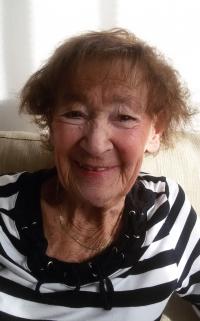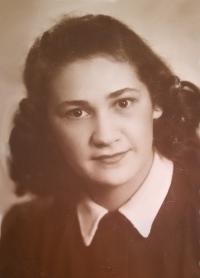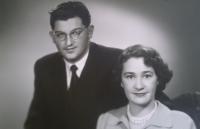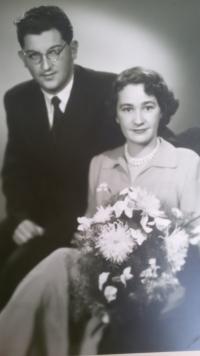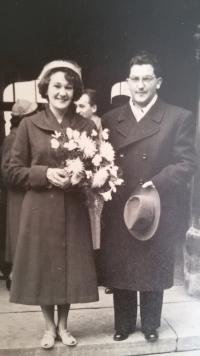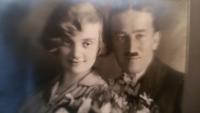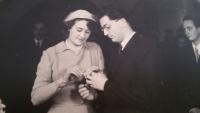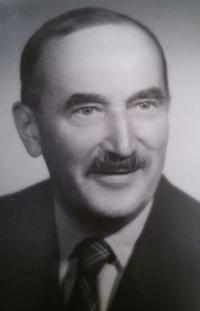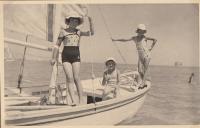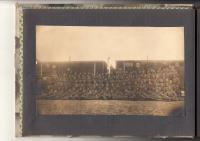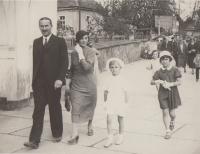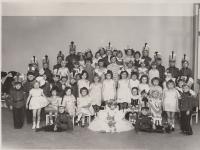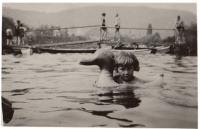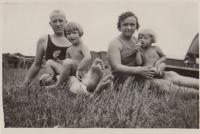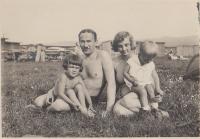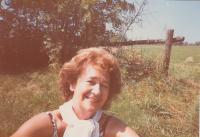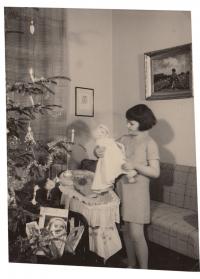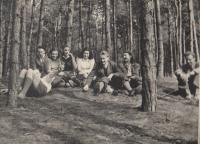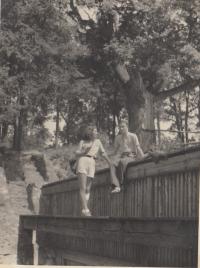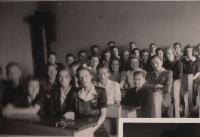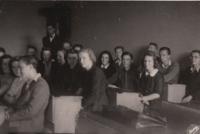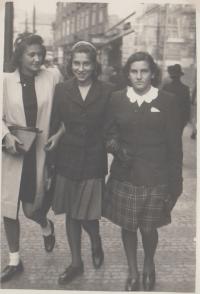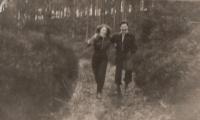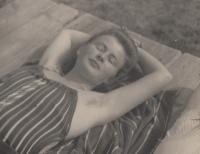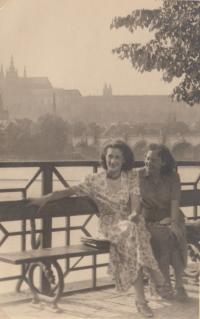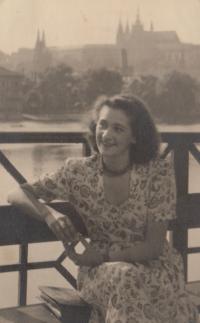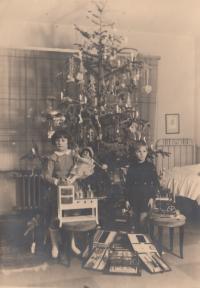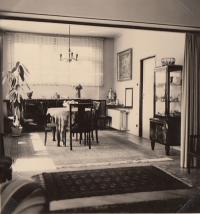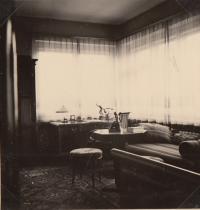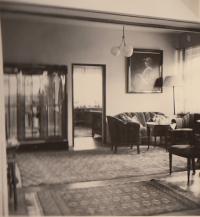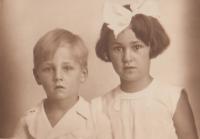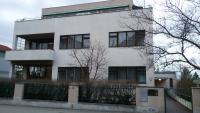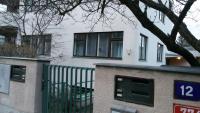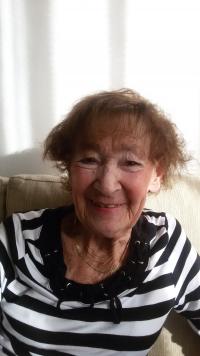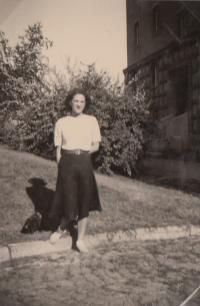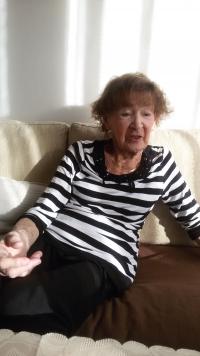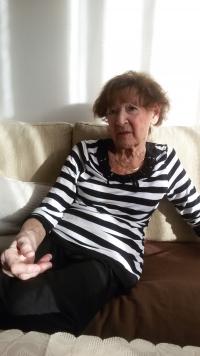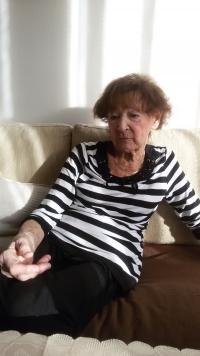I believed that society should be more just, I didn’t believe in the methods of the Communists
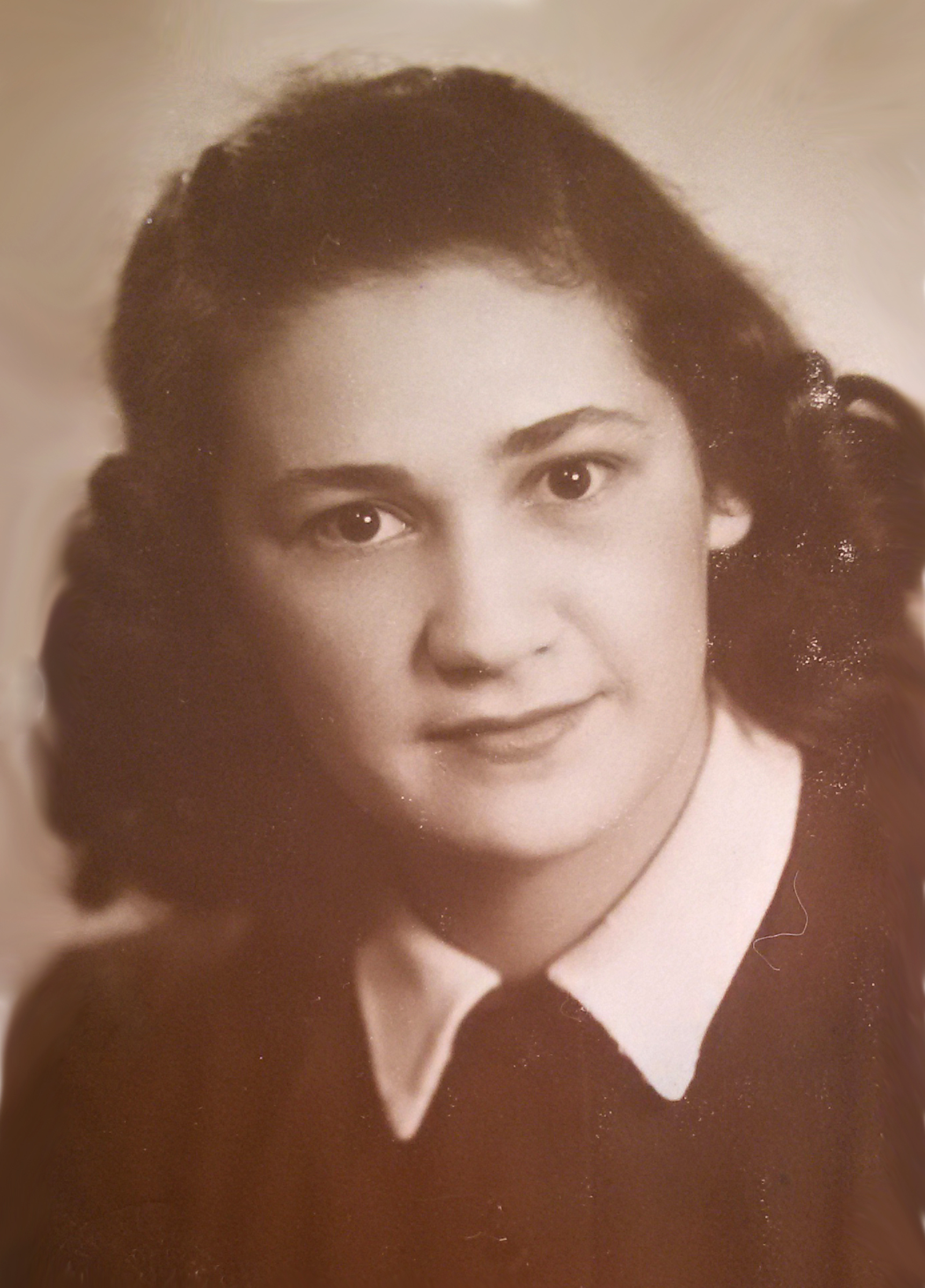
Download image
Zora Urbanová, née Kopáčová, was born on 25 January 1927 in Prague, into the family of the lawyer František Kopáč and Emilie Kopáčová, a teacher. She has a brother, Zdeněk, who is one year her junior. Although she grew up in a well-to-do family, she was confronted with the circumstances of her peers from poor families already as a child - which formed and deepened her social sensitivity. Through various friendships, such as with Stanislav Neumann, who cooperated with the Communist anti-Nazi group Předvoj (Vanguard), she became familiar with the Communist ideals, but she felt herself to be a social democrat. In the end, she joined the Communist Party of Czechoslovakia in 1948, following pressure by Communist functionaries, when she was in the third year of her studies at the Social Faculty of the University of Politics and Society. They claimed that she would not be allowed to graduate otherwise. She completed her studies in 1950 and married her classmate Luděk Urban. She could not come to terms with the show trials and methods of the Communists in the 1950s, and so she preferred to stay at home with her children until 1962. She was never an ardent Communist, unlike her husband, with whom she often quarrelled about politics. In the end they were both expelled from the Party in 1968. Zora Urbanová lost her chance for an associate professorship, but some time later she was allowed to continue lecturing on the history of economics at the University of Economics, where she remained until her retirement in 1989. Her husband was expelled from the Academy of Sciences after 1969, and his publication ban pushed him to publish academic articles under the names of his friends. Her brother Zdeněk was a film director.
